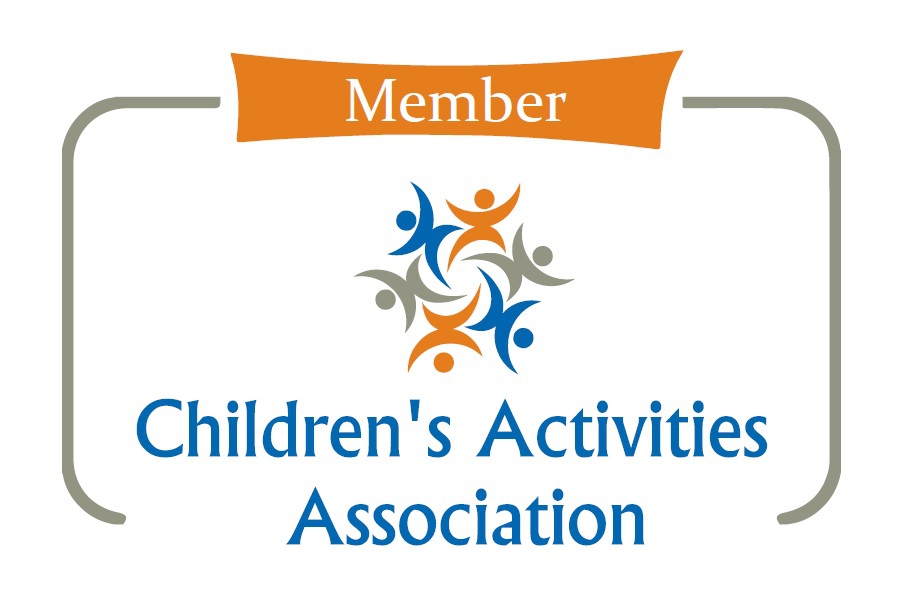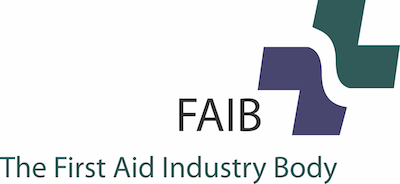3rd - 9th February is Children’s Mental Health Week and as we so frequently shine a light on our children’s physical health, we thought this was a good time to look at what’s going on for our children mentally.
We’ve teamed up with the excellent Place2Be whose recent figures show that a colossal 420,000 children and young people in England are treated for mental health problems every month. On average, children and young people with mental health difficulties go 10 years between becoming unwell and getting help - this is really shocking when you consider that early intervention can make all the difference. Place2Be have over 25 years of experience working with pupils and staff in UK schools, and we hope that any of you going through difficult times with your little ones will find our blog this week on children's anxiety beneficial.
How can I tell if my child is anxious?
- Children’s anxiety may show through their behaviour. For example, they may seem quite frightened or even angry, but with no obvious reason
- Complaining about being unwell can be a sign that your child is anxious
- For some children, avoiding something is a sign that they are anxious. For instance, they may not want to go to school, or to the dentist, or to be with certain people
Is it ok for my child to be anxious? What might be making them anxious?
- All children will feel anxious at some point. For instance, it’s ordinary for young children to be afraid of the dark or to worry there’s a monster under the bed
- Starting nursery or school can be a particularly anxious time for children
- Young children often feel anxious when separated from their main carer
- Older children might worry about how they are doing at school, how they look, or their friendships
- Arguments between parents, a recent separation or divorce and parental illness may make your child anxious
- And sometimes children may feel anxious but not know why, or be able to explain why
Encourage your child to tell you how they feel
- Help your child to find words to express their feelings. For example, wobbly, scared, tense, nervous, unsettled
- Ask them where the feeling is - ‘is it in your tummy, head or heart?’
- Tell them everyone has worries – that they can become too big to handle without help. And that avoiding our worries can make them bigger
- Talk about being brave together and working out small steps to tackle worries
Help them cope with their feelings
- Think about what helps your child calm down: reading a story, having a warm drink, snuggling up with you or a favourite teddy
- Try and find find two or three quiet activities your child enjoys. Add these to a ‘calm bag’ they can use when they get anxious. For example a fidget toy, a favourite book, a soft cuddly toy or some colouring
- Try a breathing exercise: put their favourite soft toy on their tummy and ask them to watch it rise and fall as they breathe
- Do something active together like skipping, running or going to the park
Why does activity help with anxiety?
When we get anxious our bodies get ready to cope with something difficult. This is called the ‘fight or flight’ response. In ‘fight or flight’, our hearts beat faster, we sweat more and our muscles become tense. To release these feelings and to feel better, it often helps to do something active. Explain this to your child in words they can understand, to help them understand how activity can help them with their worries.
Your child will learn a lot from you
- How you cope with anxiety will help your child cope with their own worries and fears
- Taking time to talk about worries with your child and showing them how to cope can really help them
- As much as you want to make everything right for your child, don’t be tempted to say 'don’t be silly' or 'you don’t need to worry'. It’s important not to dismiss your child’s feelings
- Discuss with your child what might happen if a fear came true and how they would handle it. For instance – say ‘what could you do if you didn’t have anyone to sit with at lunch at school?’ Then talk through the scenario together and the different options, to make it not feel as big and scary
If you’ve found this blog useful, Place2Be have a fantastic bank of resources to help with all sorts of parenting issues – from mealtime battles to sibling rivalry and meltdowns, the information and resources are presented in an easily accessible way at the click of a button. Take a look here.
Mini First Aid have also launched Healthy Minds to help children aged 7-11 with issues such as self-esteem, bullying and resilience – you can make an enquiry here.
Our Travel Bundle

If you're going away for the upcoming half term, our Travel Bundle offers everything you need for a safe and comfortable trip, including 6 best-selling items. It features the award-winning Mini First Aid Kit, a CPR Mask Keyring, Tick Twister, box of 4 WASuP Bite & Sting Relief, box of 2 Tumble the Tiger instant cold packs, and Toddle Insect Repellent. This bundle provides great value and peace of mind for travellers.







